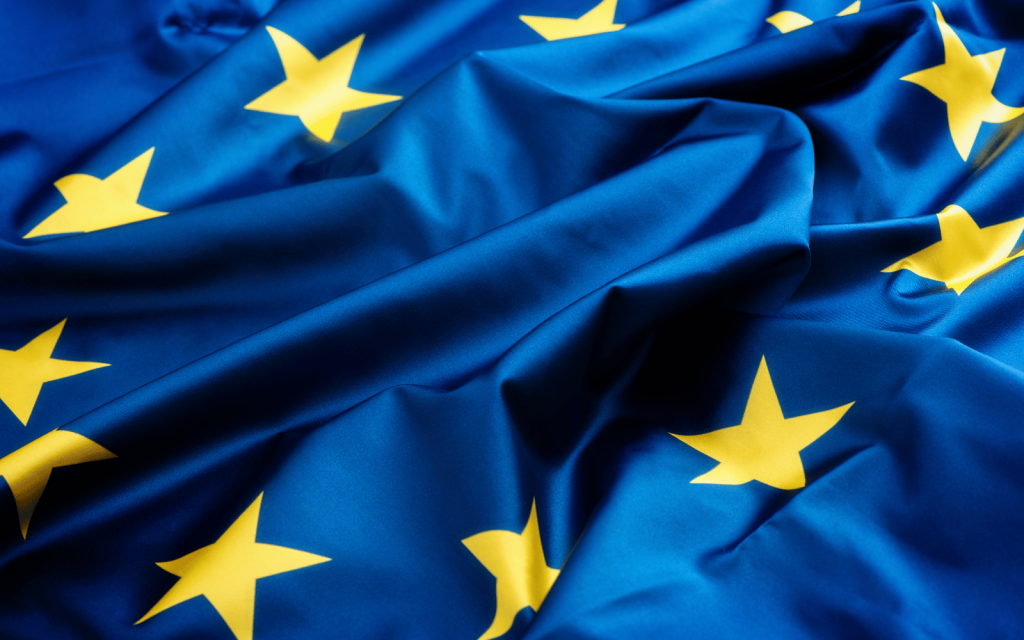The uncontrolled power of US Big Tech firms has finally met its match with the European Union’s Digital Services Act (DSA).
The wide-ranging Digital Services Act was promulgated last year and took effect on 25 August 2023. History will show this is when the Old World took back its power from the New World – to use the historic classifications of Europe and the Americas. For the past two decades Google, Facebook, Amazon, Apple and Twitter have owned – or pwned (look it up) – the internet, social media, advertising and e-commerce spaces.
No longer.
Say hello to the DSA
For want of a better word, Big Tech is shitting itself – in the way Gwede Mantashe would be if he could understand that history will judge him for the obstructionist he is.
“We’re bringing our European values into the digital world,” tweeted European Commission President Ursula von der Leyen. “With strict rules on transparency and accountability, our Digital Services Act aims to protect our children, societies and democracies.”
“Very large online platforms,” as the EU is defining the social media giants with more than 45 million users, “must apply the new law,” she wrote.
The DSA covers a lot of ground, previously left the self-policing of the tech firms (like that was ever going to work) by the more lenient US agencies. These include:
- Mitigating against “disinformation or election manipulation, cyber violence against women, or harms to minors online,”
- measures to counter illegal content online, including illegal goods and services,
- “new rules to trace sellers on online market places” and an obligation to “randomly check against existing databases” for counterfeit goods,
- wide-ranging transparency measures and “transparency on the algorithms used for recommending content or products,
- new “obligations for the protection of minors on any platform in the EU,”
- bans on “targeted advertising by profiling children” or by “personal data such as ethnicity, political views or sexual orientation,”
- a “ban on using so-called ‘dark patterns,’ referring to misleading tricks that manipulate users into choices they do not intend to make”.
In short, it’s the end of the beginning of Europe’s own war on surveillance capitalism against US tech firms. The fine for breaching these rules could be as high as 6% of global turnover.
The companies affected include Google and its Search, Maps, Shopping, and YouTube, as well as its Play store; Apple’s app store; Facebook; Instagram; Alibaba AliExpress; Booking.com; LinkedIn; Pinterest; Snapchat; TikTok; Twitter, Wikipedia; and Microsoft’s Bing.
Read More: TikTok data privacy comes to the EU
Germany online retailer Zalando has already sued the EU after it was categorised as a “very large online platform” (time to learn a new acronym: VLOP) as it has over 45 million users. Shame.
Expect the same of the US Big Tech, who will cry foul, because, whatever. They made billions of dollars in profit before anyone realised they were, er, overstating their abilities – except arguably for overturning democracies (see Brexit and the 2016 US presidential elections).
“I think if you want to be a legislator, you also need to accept that someone will challenge legislation,” EU antitrust boss Margrethe Vestager told Reuters.
If only South Africa’s own dysfunctional watchdogs had this kind of clear-headed policy vision and the willingness to tackle this global dominating problem. After it gets the electricity going for 24 hours a day, maybe. Don’t hold your breath.
This article first appeared in the Financial Mail




